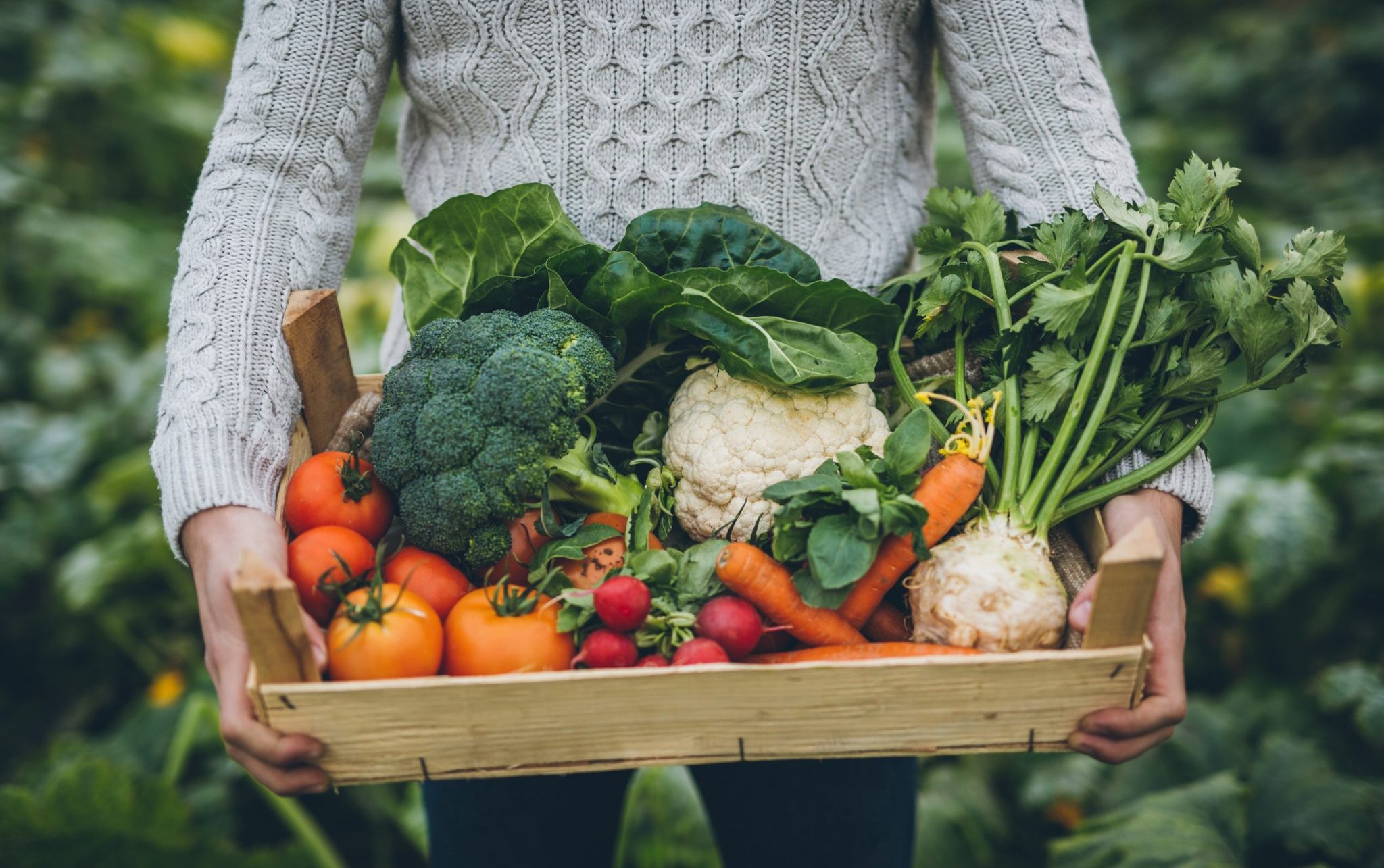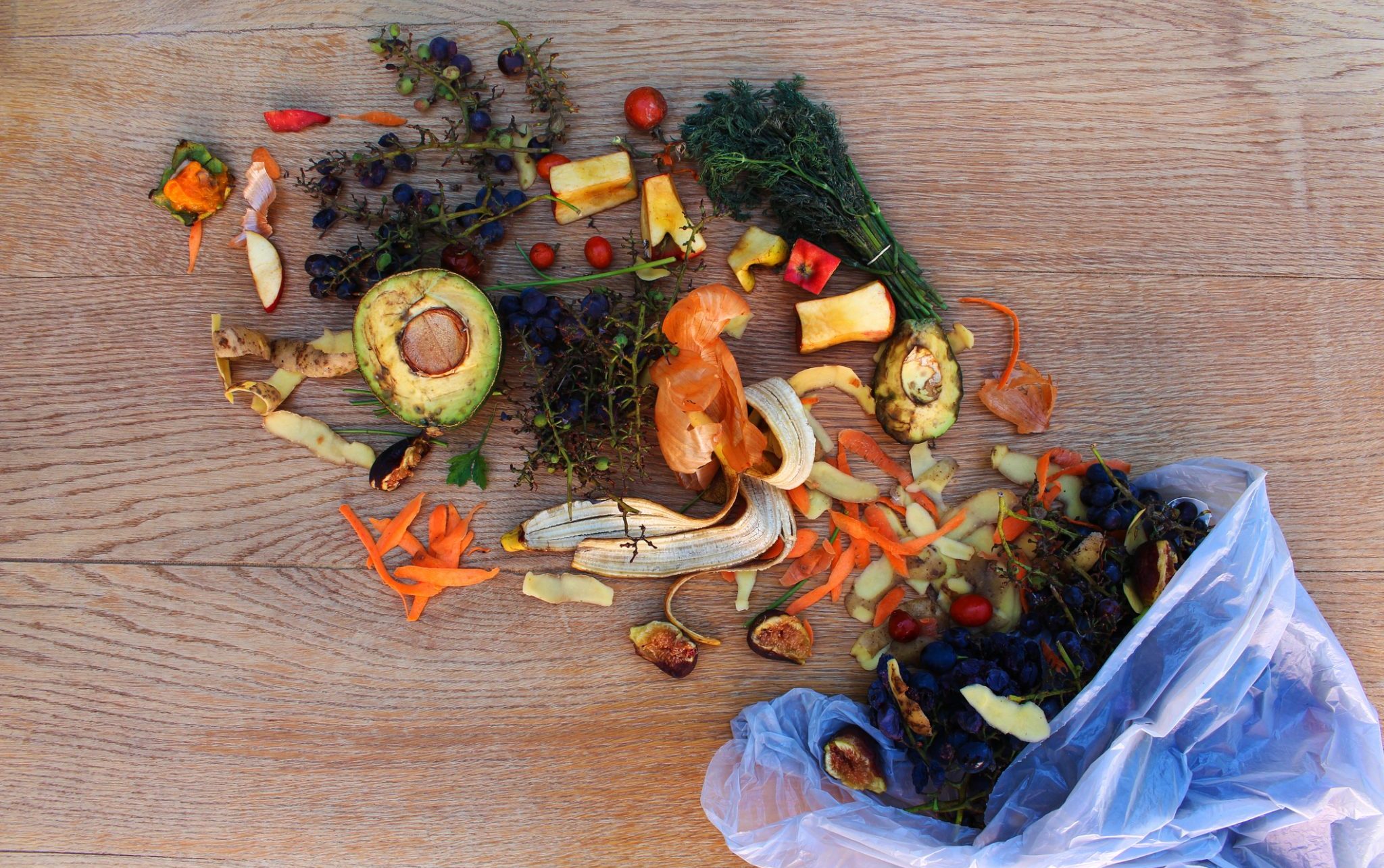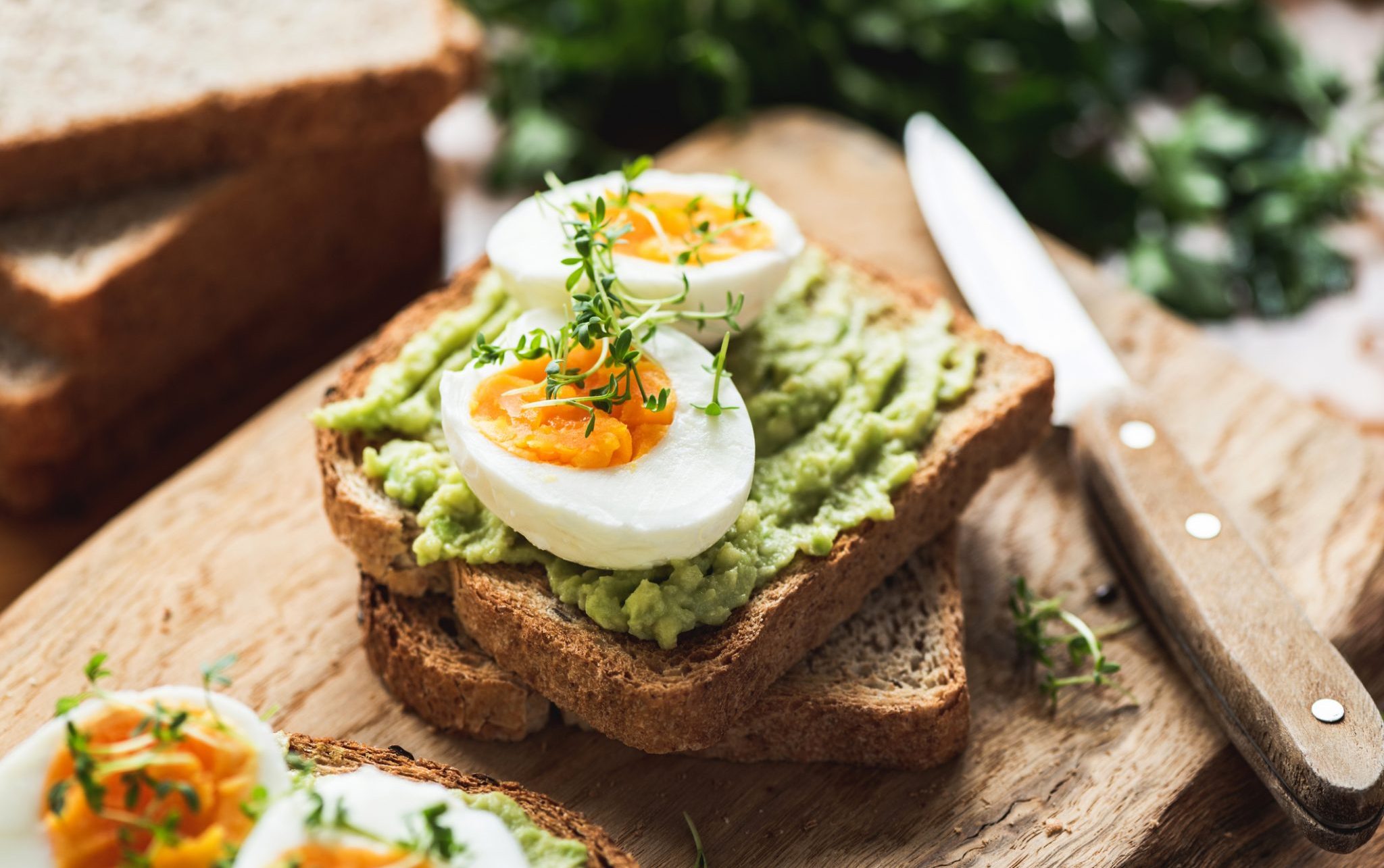There are two types of people in the world. First, there are those who when stressed eat everything within sight. Then, there are those that stop eating completely. Food can be an integral response to our emotions – binge eating, comfort eating, and more. But did you know that how and what you eat affects your mood too? That’s why when you’re feeling low, reaching for that candy bar might not be the best idea. Here’s why.
Food is fuel
Your brain is a 24/7 machine. Whether you are awake or asleep, it is there in the background working away helping you breathe, move, feel and so much more.
But what fuels this powerhouse? Food of course. Your brain needs calories to function and do what it does best.
Does it matter where you get those calories from? Yes! Think of your brain as a vehicle. Feed it low-quality fuel and it’ll not be long till that engine starts spluttering or you might even find it doesn’t go as far.
Change that to the high-quality stuff and you’ll experience a longer, smoother ride. Which one would you prefer?
See the same goes for your body. Add in low-quality fuel, those empty calories from refined food that contain high amounts of fats, sugars, and other unpleasant things, and you’ll feel pretty awful. A poor diet has long been linked to:
- low energy levels
- mood disorders
- long-term health issues
- low immune system
Now, switch that for the high-quality stuff. You know, the fruits, vegetables, etc. And see what those vitamins and minerals can do.
Foods that are good (and bad) for your mood
You know the basics, but let’s review and break it down. Which types of food should you be eating for a good mood.
The good
- Fresh fruits and vegetables
- Nuts
- High fiber foods
- Grains
- Protein
- Micronutrients, such as magnesium
The bad
- Highly processed foods
- Fast food
- Crisps and snack
- Lots of sugar
- Too much caffeine
3 ways what you eat affects your mood
You might feel the connection between that fast-food takeout and your mood the next day, but what’s happening behind the scenes. This is the low-down on diet vs your mood.
1. Stress and cravings
When you’re stressed, your body releases cortisol. This is known as the flight or fight hormone. While it helps your body cope with whatever ‘attack’ it perceives, in return, it grabs energy from the body and creates a drop in blood sugar levels.
After the initial high (stress), you might feel tired and depleted. If the pressure is long-term, this effect might be amplified. For example, during a difficult period of study, you might crave chips or other snacks.
Following this effect, to recoup its losses, the body then releases a hormone called glucocorticoids. Their role is to regain the lost energy supply. How do they do this? By making your body crave sugar and carbs to recover what it lost.
2. Say hello to serotonin
Serotonin is a feel-good hormone. It helps the body regulate sleep, appetite, mood and even affects how you feel pain. A lack of this hormone and you might find yourself feeling tense, irritable, tired, and crying sweets and carbs.
The trick with this helpful hormone is that it is almost always (95%) produced in the digestive tract. That means what you eat affects your ability to create it. Eat unhealthily and inflammation can take hold in the gut microbiome, inhibiting the production of serotonin.
Eat right, and you’ll feel much better. Traditional diets, such as the Mediterranean and Japanese diet, that focus on fresh fruit and veg, and seafood, encourage good bacteria in the gut and regulate the production of serotonin.
3. The hanger is real
Skipped breakfast, missed lunch, not back in time for dinner? Perhaps you’re feeling a little angry right now, right? That’s hangry.
If your body is hungry, your blood sugar level drops, making you feel tired. So, the first thing your body does is try to stop this feeling. To do so, it releases cortisol and epinephrine into the body to boost those levels back up. The side effect? Irritability. Both cortisol and epinephrine can give you that grumpy feeling.
Next, the body sends you signals, it’s time to eat. To do so, it Neuropeptide Y, among others. This hormone tells your body, it’s time for food, it also makes you feel more aggressive. Tied these together and you’ve got one hangry person.
Bad diet wrap up
Let’s keep it simple. Here’s the connection between diet and mood.
Hungry?
Your body releases hormones to reduce the effects of starvation and signal it’s time to eat. The hormones it releases may make you feel irritable, hungry, and craving all those bad carbs and sugars.
Ate something bad?
When you eat unhealthy foods, especially for a long time, this has a negative effect on your body and mind. Highly processed foods and those high in fats and sugars, create a chemical effect in your body and mind, making you crave more, but lowering your mood in the long term.
So, what can you eat when you're stressed that will help you feel better but not ruin your diet?
Best good-mood foods
Forget about those fast fixes here. Although they can provide immediate relief to what you’re feeling right now, there’s no surer guarantee than after a little bit. You’ll be pretty crabby. That’s because that fast fix has caused a rise and drop in your blood sugar levels.
So don’t starve your brain and body, or load it with sugar, instead, snack carefully. Healthy, nutritious snacks can boost your brainpower and regulate your moods, so you feel more like yourself. These are some of the best
1. Nuts
Perfect for a crunchy craving, nuts are jam-packed with elements perfect for your emotional (and physical) survival. They contain magnesium (vital for combating stress), omega 3 (helps relieve depression), tryptophan (good for balance), and selenium (for brain power).
2. Dark chocolate
Got a sweet tooth? Even if you’re stressed, there’s no need to forbid yourself, and dark chocolate has some great qualities. Aside from being packed full of antioxidants, dark chocolate stimulates serotonin.
3. Strawberries
Nothing like a bright summer berry for a bad mood. While a strawberry maybe isn’t your go-to snack for a tough day, it should be. High in fiber and packed with vitamin C, strawberries can reduce cortisol in the blood, meaning less stress in the body.
4. Rooibos tea
Rich in flavor, red in tone, if you’re feeling off, it’s time for a brew. The British may believe that a cup of tea can cure everything, and while it’s not 100% true, there is a lot a little cup can do. Drinking Rooibos tea when stress can help reduce stress hormones. And not only that, it’s an excellent fat-fighter too. It contains aspalathin, which inhibits the formation of new fat cells.
5. Eggs
Boiled, scrambled, poached. Pick your style. Eggs contain vitamin-D and protein, which helps stabilize your blood sugar, leaves you feeling full, and may impact those feel-good hormones. Pair this with avocado and some whole-grain toast for a healthy, nutritious snack that combats stress and leaves you satisfied.
Want to read more about hormones and your diet? Check out this article.








